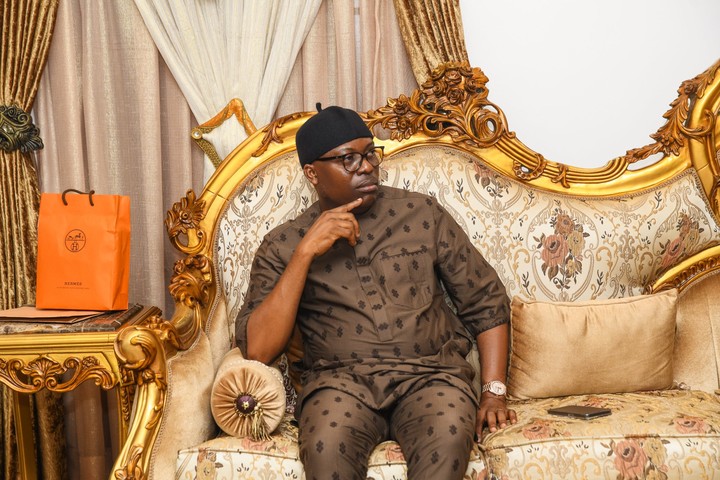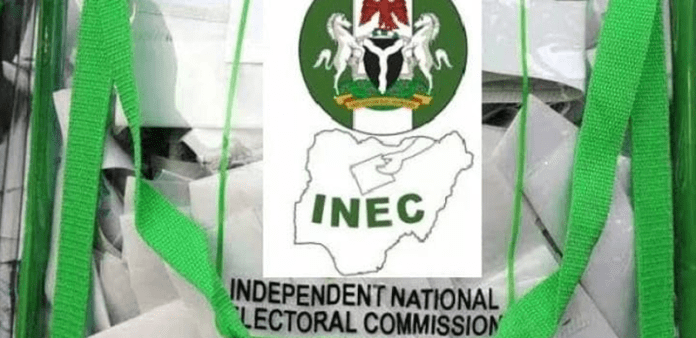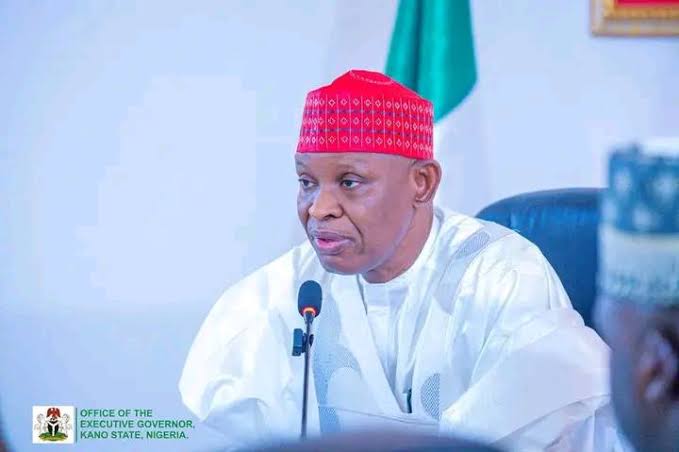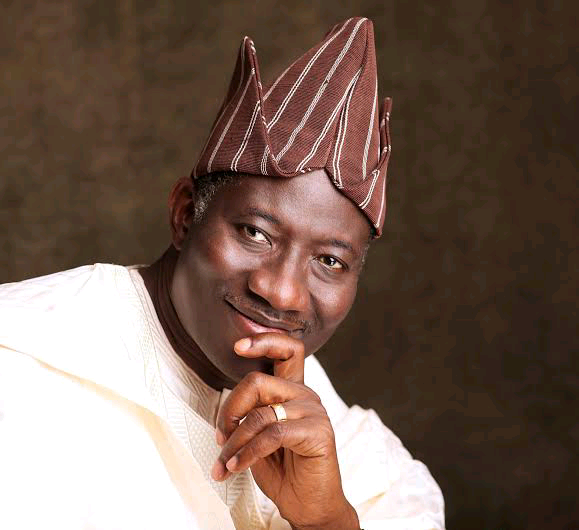Isaac Samuel
Governor Siminalayi Fubara of Rivers State has reportedly agreed to remain in office and complete his current four-year term but with a major concession: he will not seek re-election in 2027.
This development emerged from a closed-door meeting held Thursday night at the Presidential Villa in Abuja, where President Bola Tinubu hosted the Minister of the Federal Capital Territory, Nyesom Wike; Governor Fubara; the suspended Speaker of the Rivers State House of Assembly, Martin Amaewhule; and a select group of lawmakers.
According to multiple sources cited by an online medium, the meeting resulted in a new political truce aimed at ending the prolonged crisis that has gripped the oil-rich state for months.
One of the key terms of the agreement is that Fubara would complete his first term but must forfeit any plans to contest again in 2027.
Policyandpolitics, however cannot independently verify some of the details reported by the online medium as at the time of filing this report.
The move, sources say, is a strategic compromise that ensures Fubara’s political survival while curtailing his influence going forward.
In return, Wike, his estranged political godfather, is said to have secured the right to nominate chairpersons for all 23 local government areas across the state, effectively restoring grassroots political control to the FCT minister.
In addition, Fubara reportedly agreed to settle all outstanding allowances and entitlements owed to the 27 pro-Wike lawmakers who were earlier suspended by his administration.
The lawmakers, in exchange, would shelve their planned impeachment proceedings against the governor.
The lawmakers, led by Amaewhule, had defected to the All Progressives Congress (APC) during the heat of the crisis but insisted on retaining their seats, a matter that remains legally contentious.
A presidency source described the agreement as a significant breakthrough, even though it came at a steep price for the governor, who has now conceded key levers of power in exchange for remaining in office.
While the fine details of the arrangement are yet to be officially confirmed, both Wike and Fubara publicly acknowledged after the meeting that peace had been restored, crediting President Tinubu’s intervention.
“We have all agreed to work together with the governor, and the governor also agreed to work together with all of us. We are members of the same political family,” Wike said after the meeting.
Governor Fubara, in his remarks, praised the new peace deal and called it a victory for Rivers State. “What we need for the progress of Rivers State is peace, and by the Special Grace of God… peace has returned,” he said.
Still, as of the time of this report, it remains unclear whether the governor and suspended lawmakers will be officially reinstated before the six-month suspension period imposed by Tinubu expires.
The Rivers political crisis began less than six months after Fubara assumed office, triggered by a power struggle with Wike, his former ally.
The state House of Assembly split into two factions, one loyal to Wike with 27 members and the other loyal to Fubara with just three.
Fubara had argued that the pro-Wike lawmakers lost their seats after defecting from the Peoples Democratic Party (PDP) to the APC, but a Supreme Court ruling on February 28 sided with the Wike faction.
In March, tensions escalated as the pro-Wike assembly members initiated impeachment proceedings against Fubara and his deputy, Ngozi Odu, citing alleged misconduct and unauthorised spending.
President Tinubu responded by declaring a state of emergency in the state, suspending the governor, his deputy, and the lawmakers, and appointing a sole administrator in the person of retired naval chief Ibok-Ete Ibas to oversee the state.





